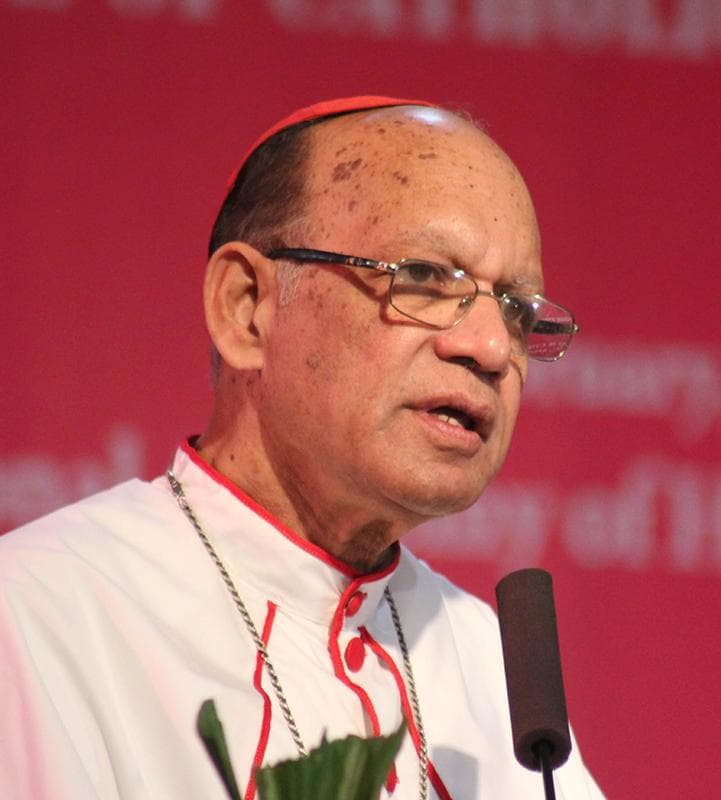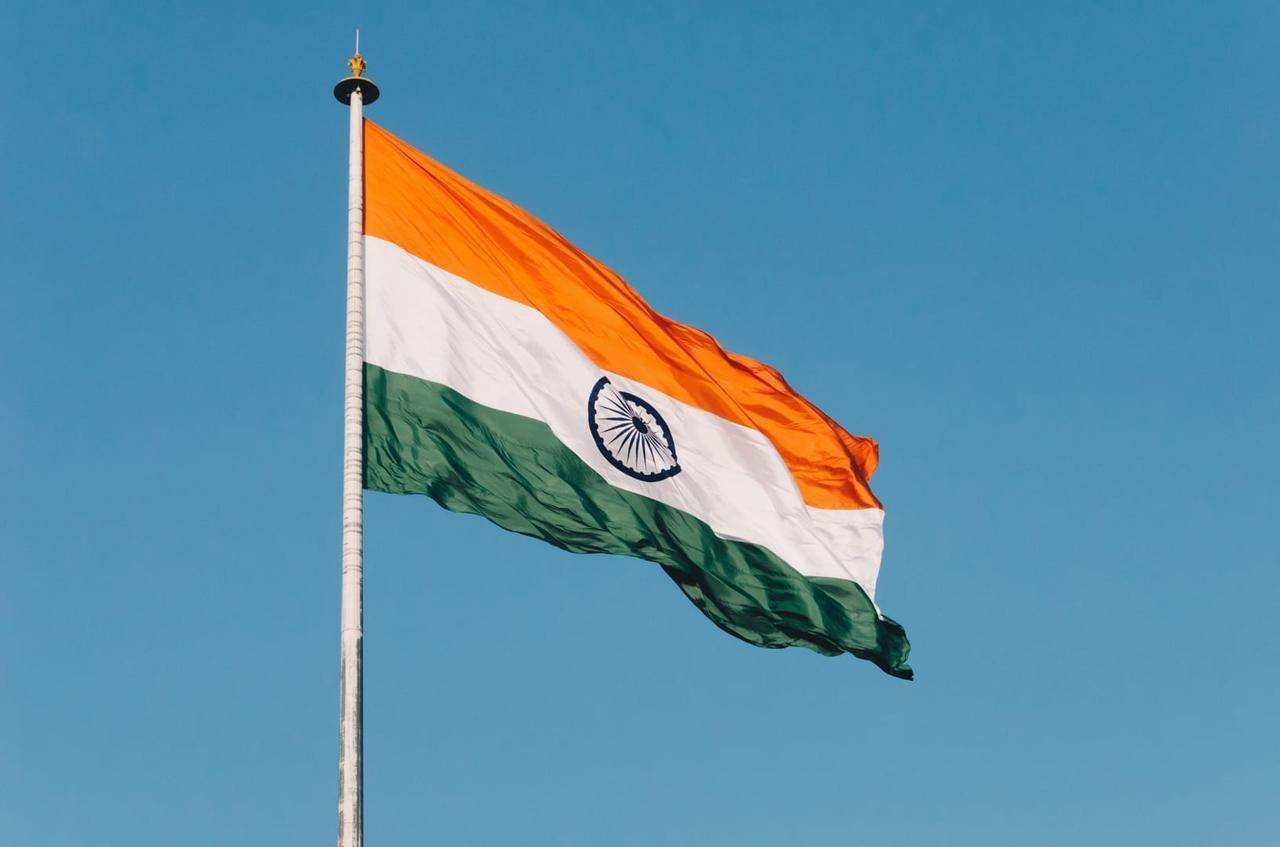MUMBAI, India – India’s top prelate is warning “ethics is losing primacy as the guiding principle of society” ahead of the country’s upcoming elections.
Hundreds of millions of people will be voting for members of the national parliament from April 11 to May 19 in the world’s largest democracy.
In a pastoral letter, Cardinal Oswald Gracias, the Archbishop of Bombay and president of the Catholic Bishops’ Conference of India, said the country had reason to be “truly proud” and can “be a model for other countries to imitate.”
The letter comes as India faces what most observers say will be one of the closest polls in history.
The Bharatiya Janata Party (BJP) has ruled India Since 2014, with Narendra Modi serving as prime minister. The party is affiliated with the Rashtriya Swayamsevak Sangh (RSS), a militant Hindu nationalist organization.
The main challenger is the Indian National Congress, the secular party that has ruled the country for most of its history.
Gracias began his message by stating that the Catholic Church does not identify herself with or side with any political party but, “as before every election we feel called to give some general guidance to our people for the good of our country.”
Noting that the country’s fast-growing economy has made great progress and there is “great hope for the future,” the cardinal pointed out there are still “several areas of concern.”
“The big gap between the rich and the poor seems to be widening. Many unorganized and casual laborers are barely able to survive with what they earn. Farmers and those in the agricultural sector are under serious stress. Further, ethics is losing primacy as the guiding principle of society. Economics seems to be the driving force behind many decisions. India is a spiritual nation, and yet God is slowly being pushed to the periphery. It is in this context and at this moment in history that we are going into elections,” Gracias said.
The cardinal said all citizens had a duty to exercise their right to vote and called on parish priests to “impress on our people this obligation,” explaining that “we owe it to ourselves, to our children and to our country to fulfill this sacred duty and thus get involved in bettering the direction of our nation.”
Gracias said the country’s leaders had special obligations, including:
1) Work for an economy that seeks specially to help the poor and under privileged, protecting their dignity, working for their uplift and enabling them to play a role in nation building.
2) Ensure a totally safe environment for all people, particularly women and children.
3) Safeguard the rights of tribals – India’s marginalized indigenous community – over land, water and forests.
4) Take particular care of Dalits [the low-caste Indians who were once called Untouchables] and ensure they are not discriminated against, and granting equal rights to all Dalits, including those who are Christians and Muslims.
5) Promote communal harmony and a spirit of national integration through inter-religious dialogue and understanding.
6) Take steps to protect the environment, preserving the riches of nature for future generations.
The list is similar to one the Catholic Church submitted to the BJP party during a national listening session it set up for the country’s minorities ahead of the elections.
The party has lost several key state elections recently and has been trying to broaden its appeal beyond its Hindu nationalist base.
Just under 80 percent of India’s population is Hindu. The largest religious minority are Muslims, who make up nearly 15 percent of the people, while Christians are only 2.3 percent. There are also a number of Sikhs, Jains, Buddhists, Zoroastrians, and members of the Baha’i faith.
Religious minorities have been suspicious of the BJP’s religious ideology, especially since incidents of harassment against minorities – especially Christians and Muslims – have increased since the party took power.
However, the party has sometimes worked well with religious minorities in states where Hindus are not as dominant. For example, in the state of Goa – once a Portuguese colony – several of the party’s leaders are Catholic.
The BJP hopes its pro-business and strong national defense stance will prove attractive when compared to the Congress party’s more statist policies.
Nevertheless, historically most Christians vote for the secular Congress party or its regional allies, and it will be difficult for the BJP to overcome its Hindu nationalist identity with India’s minorities.















